Interfaculty Research Cooperations
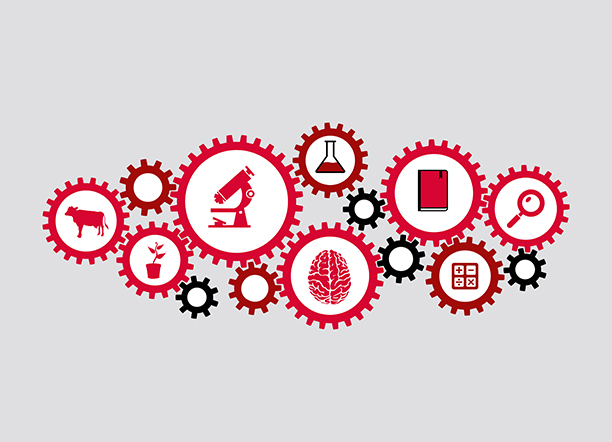
Interfaculty Research Collaborations (IRC) fostered network projects from different departments in order to intensify networked and interdisciplinary research.
Each of these network projects involved 8-13 research groups from at least two different faculties. Two people from different faculties were responsible for managing each project.
The three IRC, launched in 2018, were approved by the Executive Board of the University of Bern in a competitive process. They were oriented around the five priority topics of the University of Bern – Sustainability, Health and Medicine, Matter and Universe, Intercultural Knowledge, Politics and Administration.
Maximum funding of CHF 1.5 million per year per IRC was provided. After the interim evaluation in 2020, the Executive Board decided to continue all three IRC for two more years until the end of the four-year duration.
One Health: Cascading and Microbiome-Dependent Effects on Multitrophic Health
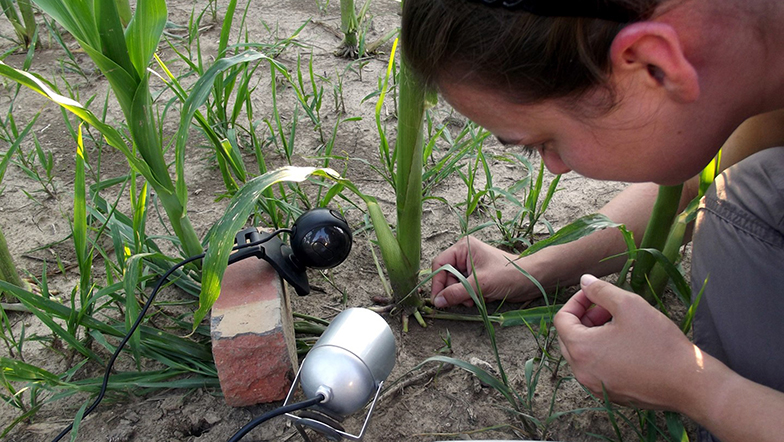
The IRC One Health investigates how environmental chemicals affect the health of soils, plants animals and humans. In an integrated effort, 9 research groups from the Faculties of Science, Veterinary Medicine and Medicine quantify the impact of pesticides, heavy metals and plant toxins on microbial communities at the interfaces between soils, plants, animals and humans. Through an interdisciplinary approach, the collaboration aims at a better understanding of the impact of environmental change on the health of food chains.
The IRC One Health combines the priority topics "Sustainability" and "Health and Medicine" at the University of Bern by fostering interdisciplinary research on a relevant topic and current frontier in Life Sciences.
Lead: Prof. Dr. Matthias Erb
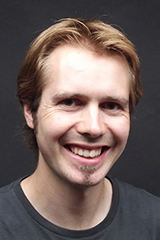
Contact
Prof. Dr. Matthias Erb
Institute of Plant Sciences
University of Bern
Altenbergrain 21
3013 Bern
Phone: +41 31 684 86 68
Email: matthias.erb@unibe.ch
Co-lead: Prof. Dr. Andrew Macpherson
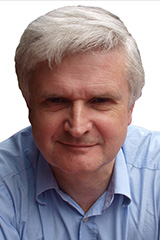
Contact
Prof. Dr. Andrew Macpherson
Department for BioMedical Research
University of Bern
Inselspital
3010 Bern
Phone: +41 31 632 80 25
Email: andrew.macpherson@unibe.ch
Participating faculties
Faculty of Science, Faculty of Medicine and Vetsuisse Faculty
Participating groups
9 research groups with expertise in microbiology, environmental sciences, plant and animal health, human medicine and bioinformatics
Religious Conflicts and Coping Strategies

Despite the fact that conflicts with religious dimensions shape the past and the present, the significance of religion in social and political conflicts so far has not been conclusively identified or explained. The research cooperation strives for a context-sensitive understanding of the ambivalent role of religions in conflicts to be able to develop suitable coping strategies. The main objective of the project is to create analytical models which examine the different economic, social, psychological, cultural and political factors that contribute to conflicts, describing their relation to religious beliefs, religious rhetoric, religious motivations and actors. For this purpose, the 12 groups are researching past and current religious conflicts and coping strategies.
The content and the methodology of this IFK should make a significant contribution to two strategic areas of focus of the University of Bern: intercultural knowledge and sustainability.
Lead: Prof. Dr. Katharina Heyden

Contact
Prof. Dr. Katharina Heyden
Institute of Historical Theology
University of Bern
Länggassstrasse 51
3012 Bern
Phone: +41 31 684 80 66
Email: katharina.heyden@unibe.ch
Co-lead: Prof. Dr. Martino Mona
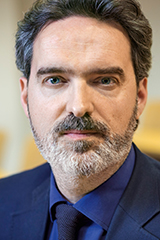
Contact
Prof. Dr. Martino Mona
Institute for Penal Law and Criminology
University of Bern
Schanzeneckstrasse 1
3001 Bern
Phone: +41 31 684 39 76
Email: martino.mona@krim.unibe.ch
Participating faculties
Faculty of Theology, Faculty of Law, Faculty of Human Sciences, Faculty of Business, Economics and Social Sciences, Faculty of Humanities and Interdisciplinary Centre for Gender Studies
Participating groups
12 interdisciplinary research groups from theology, law, science of religion, Islamic studies, Jewish studies, political science, history, sociology, psychology, media and communication studies, literature and philosophy
Decoding Sleep: From Neurons to Health & Mind
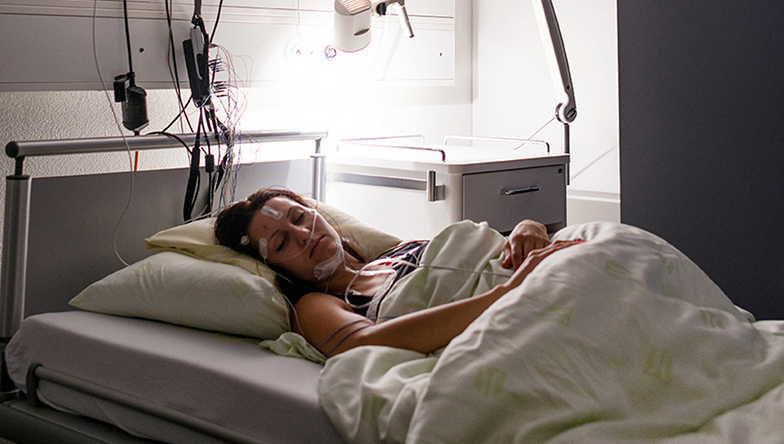
Sleep has remained almost unchanged in the course of evolution, which indicates its fundamental importance for survival. The research cooperation wishes to achieve a better understanding of the mechanisms of sleep, consciousness and cognition with the three areas of "Brain – Mind – Body". Finally, sleep-wake disorders could be the first signs of illnesses such as Parkinson’s and dementia or depression. For this purpose, molecular and neurophysiological processes of sleep and sleep disorders and their link to brain damage, pain and infections is examined. In addition to this, with the aid of sleep, new insights should be gained into cognitive and neuroplastic processes. In this way, the importance of sleep for mental health, brain functions and physical performance in healthy and sick conditions are examined in animals and humans. New model calculations of sleep phases should be developed from the "big data" of individual project groups - with the aim of identifying new biomarkers for sleep and sleep disorders.
For this, the IRC can rely on the university center of excellence "Center for Cognition, Learning and Memory (CCLM)", the nationally operating "Bern Network for Epilepsy, Sleep and Consciousness (BENESCO)", internationally established networks and highly specialized infrastructures such as the "Sleep-Wake Epilepsy Center Bern", the "Center for Experimental Neurology" or the "Swiss Institute for Translational and Entrepreneurial Medicine (sitem-insel AG)". Thanks to its focus on personalized medicine and biomedical technology, it contributes to the reinforcement of Bern as a medical center.
Lead: Prof. Dr. med. Claudio Bassetti
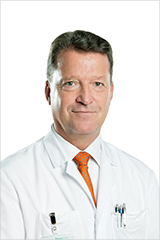
Contact
Prof. Dr. med. Claudio Bassetti
Department of Neurology
Inselspital
3010 Bern
Phone: +41 31 632 30 66
Email: claudio.bassetti@insel.ch
Co-lead: Prof. Dr. Fred Mast
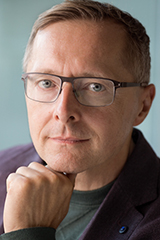
Contact
Prof. Dr. Fred Mast
Institute of Psychology
University of Bern
Fabrikstrasse 8
3012 Bern
Phone: +41 31 684 40 50
Email: fred.mast@unibe.ch
Participating faculties
Faculty of Medicine, Faculty of Human Sciences and Faculty of Science
Participating groups
13 research groups from neurology, psychology, physiology, psychiatry and psychotherapy, pneumology, infectiology and informatics
